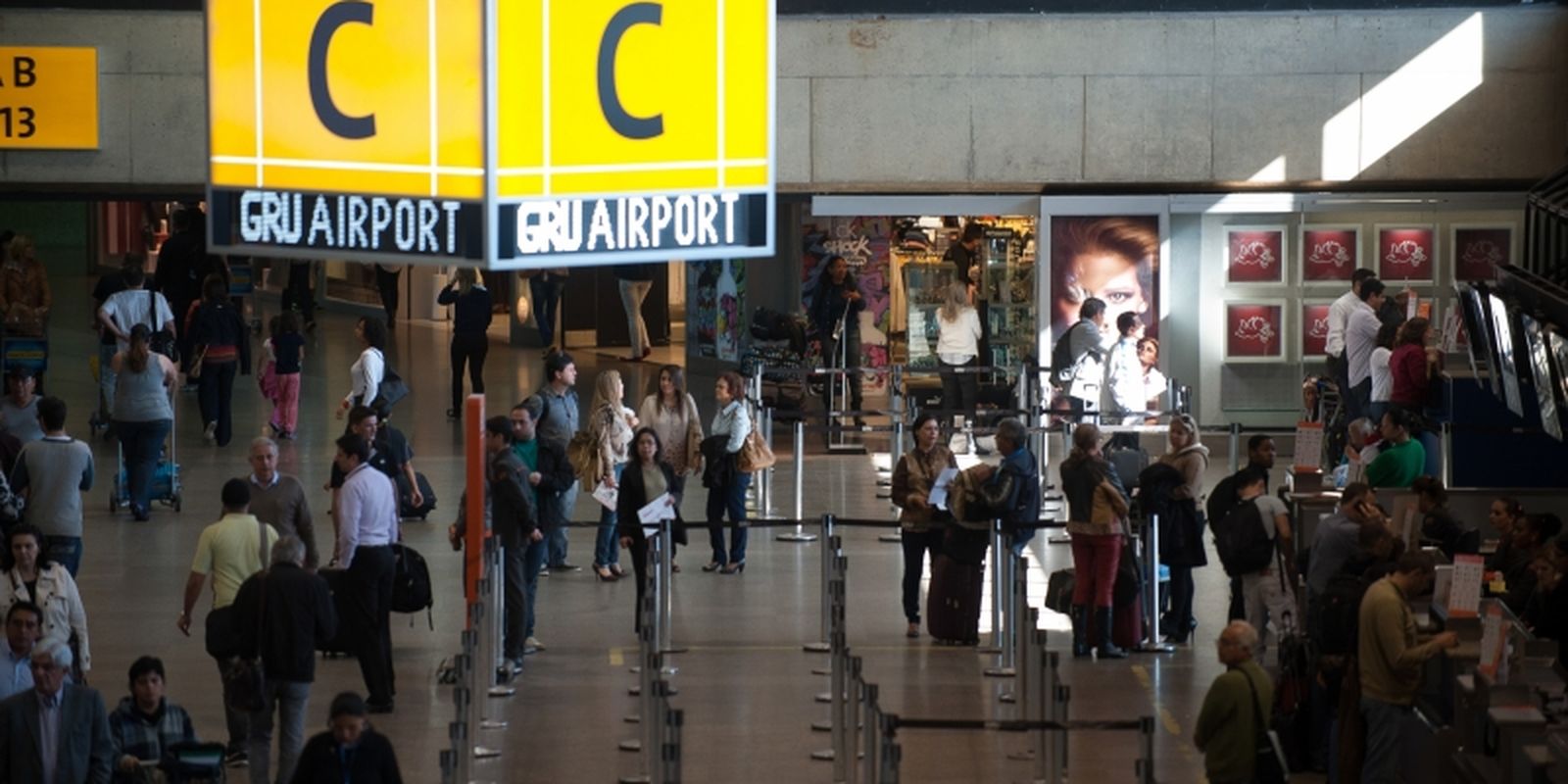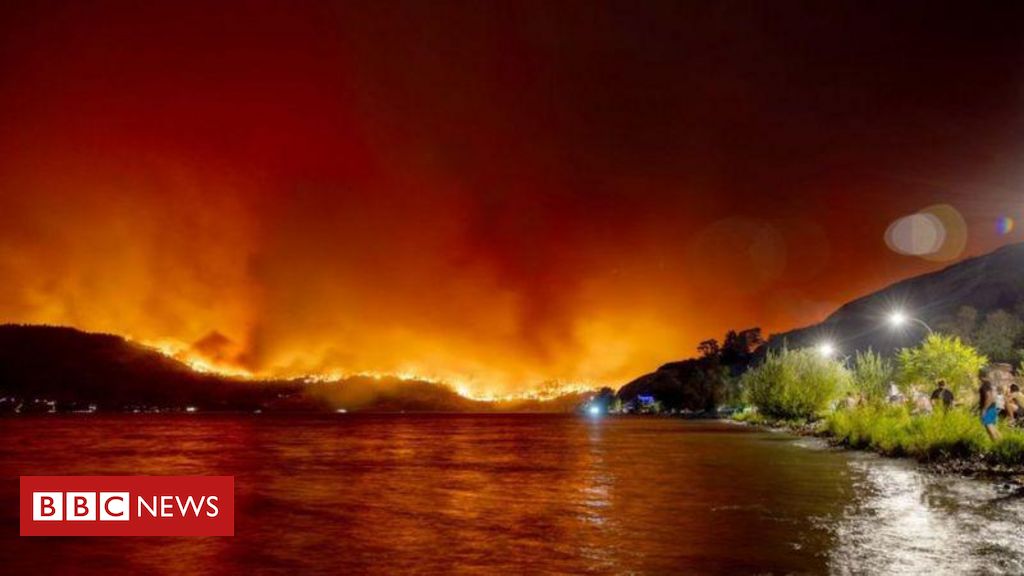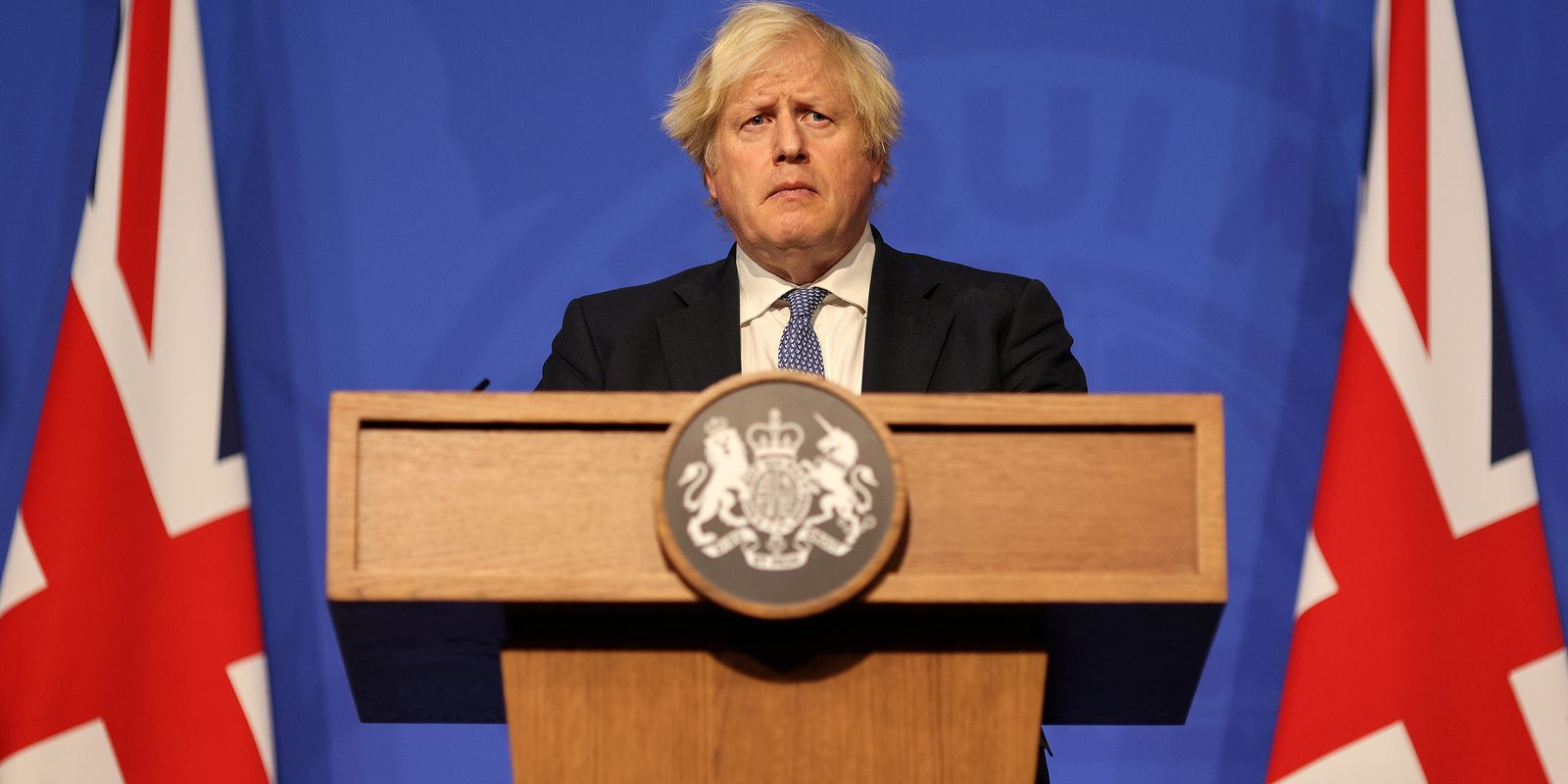Last Thursday, during a meeting in Jerusalem with Israeli Prime Minister Benjamin Netanyahu, the head of the newly installed Spanish government took the opportunity to confirm his position within the European Union (EU), vehemently criticizing Israeli bombings in the Gaza Strip. .
“The whole world is shocked by the images we see every day. The number of Palestinians killed is completely unbearable,” Sánchez said at the meeting also attended by Belgian Prime Minister Alexander De Croo.
Sánchez did not hesitate to speak of the “urgent” need to “end the ongoing humanitarian catastrophe”, unlike other European leaders who expressed solidarity with the Israeli leader – after the first visit to Israel of the presidents of the European Commission Ursula Von de Leyen and the President of the European Parliament, Roberta Metsola, a few days after the Hamas attacks and the start of the war in Gaza.
But the head of the Spanish government, whose country holds the biannual rotating presidency of the European Union from July to the end of this year, went further, while emphasizing the need for Israel to “defend” itself after the “atrocities » committed. by the Palestinian Islamist movement Hamas during the October 7 attacks.
During his trip to the region and during a stopover Friday on the Egyptian side of Rafah, the only open border crossing with the Gaza Strip, Sánchez admitted that Spain could unilaterally recognize Palestine if other European partners do not not decide on coordinated recognition.
“The time has come for the international community and in particular for the European Union to take a decision on the recognition of the Palestinian State,” he declared, a way of demonstrating that it exists within the EU different “sensitivities” around the protracted Israeli-Palestinian conflict. conflict.
“It would be important that we do it together. But if that does not happen, Spain will certainly adopt its positions,” he added, also arguing that the truce then announced by Israel and Hamas should become “permanent “.
The International Day of Solidarity with the Palestinian People is celebrated every year on November 29. Its objective is to raise awareness among the international community of the right of the Palestinian people to self-determination, as well as to reaffirm the commitment and solidarity of the United Nations towards this people. This day was implemented in 1977 by resolution 32/40 B of the United Nations General Assembly.
The State of Palestine has observer status in the United Nations General Assembly, having been admitted in November 2012. It is currently officially recognized by 139 (72%) of the world organization’s 193 member states, and when Israel is recognized by 165 countries. .
In the West, the positions of different countries reveal the prevailing divide. Among EU countries, Germany, Austria, Belgium, Croatia, Denmark, Slovenia, Spain, Estonia, Finland, France, Greece, Ireland, Italy, Latvia, Lithuania, Luxembourg, Norway, the Netherlands and Portugal — 19 of the 27 member states. – have not yet officially recognized the State of Palestine, a position naturally adopted by Australia, Canada, the United States, Japan, the United Kingdom and Israel.
Pedro Sánchez’s allusion to a possible unilateral recognition of Palestine by Spain, in the aftermath of the current Israeli-Palestinian conflict, could be decisive in changing the positions of certain countries, and while pressure from street does not seem to be weakening.
Sánchez’s position has been interpreted as a way of strengthening Spain’s international weight, in the hope that his position would cause a “ripple effect” within the EU, and as Western countries continue to being heavily criticized by the Arab world, where they are seen as too favorable to Israel.
In this sense, the head of the Spanish government also defended an international peace summit within six months, to find a “final solution” to the protracted conflict, in this case supported by other EU member states.
However, Sánchez’s previous executive also did not escape criticism from several Arab capitals when in March 2022 he decided to end a serious diplomatic dispute with Rabat by accepting Morocco’s positions on Western Sahara, later materialized by the announcement of the Moroccan Prime Minister. a new economic partnership in the service of development”.
Israel’s reaction to Sánchez’s proposals on Palestine was immediate and also directed against De Croo, who will succeed him as EU president on January 1.
The Israeli Ministry of Foreign Affairs summoned the ambassadors of Spain and Belgium on the same day following “false” information issued by the two European leaders, considered as “support for terrorism” by Hamas.
Netanyahu also “strongly” condemned the statements of Sánchez and De Croo, emphasizing that both were not too incisive in their criticism of Hamas for attacks on Israeli civilians or for “using” Palestinian civilians as “shields”. humans.”
In Madrid, the head of Spanish diplomacy, José Manuel Albares, in turn summoned the Israeli ambassador in Madrid to provide him with “explanations” on the “unacceptable and false statements” made by the Israeli government to Sánchez and De Croo.

“Freelance communicator. Hardcore web practitioner. Entrepreneur. Total student. Beer ninja.”







